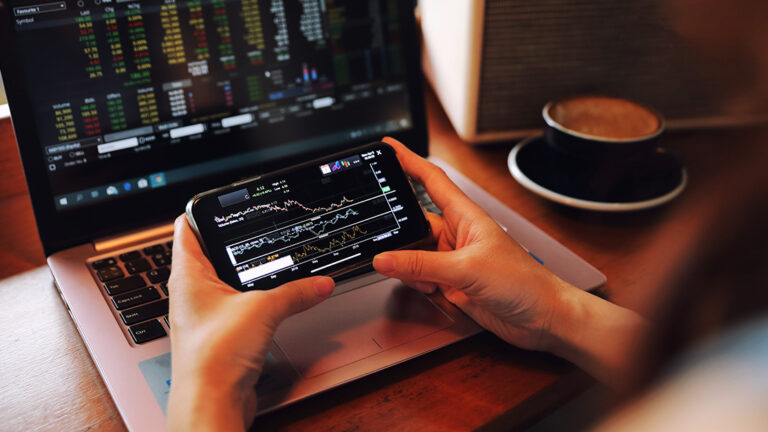Systematic Trade: Benefits and Risks
Systematic trade refers to the purchase and sale of financial instruments, such as stocks or forex, using a predetermined trading strategy called the trading system. Most trading systems are encoded in script languages called that allow them to be executed on the brokerage trading platform. The alternative to systematic trading is called discretionary trade, where traders make buying and selling decisions based on trading bases per trade. It is often said that the work of systematic traders is to follow the system, while discretion traders can change its strategy depending on how the market develops.
One of the most significant benefits of systematic trading is that it helps to eliminate the emotional decision making of the trade process. When the real money is risky on the market, emotions of fear and greed can easily flood rational decision making. This can be mitigated mostly by having a trading strategy that makes the decision for you.
Another benefit is that most trading systems can be automatic, which means buying orders and selling can be automatically executed through your brokerage trading platform because the system runs during direct trade. This produces a faster execution of trade orders and reduces the possibility that trade can be missed due to guessing or hesitant. Automatic order execution is also possible to trade strategies with a short time duration. For example, the trading system that runs on a minute bar from the E-Mini S & P 500 futures may be difficult to execute manually but it might work well if automatically.
Because systematic trading strategies are usually written in scripting or programming languages, they can usually be tested on historical data. The ability to recall this trade strategy is one of the largest benefits of systematic trading. Testing again tells you how well the strategy will be done in the past. While the performance tested again does not guarantee the results of the future, it can be very helpful when evaluating potential strategies. Back-test results can be used to eliminate strategies that are not in accordance with your trading style or cannot fulfill your performance goals.
New traders for systematic trading often question whether a systematic approach can be profitable. They sometimes believe that only buy and resistant investments are profitable in the long run. In fact, a professional trader, such as a hedging fund trader and what is called commodity trade advisers (CTA), has traded their customers’ money profitably for years using the trading system. These professionals, which are audited trade records, have shown for decades that systematic trade can be beneficial.
Apart from the benefits of systematic trading, there are risks too. The main risk is to choose a badly designed trading system. The trading system can be poorly designed for several reasons, including too fitting markets, based on unrealistic assumptions, or using inadequate risk control. If you choose to design your own system, you need to have knowledge about market trade and building strategy techniques. If you decide to buy a system, the main challenge is to evaluate potential strategies and choose the best based on trade preferences and your performance goals.
Assuming you have chosen a decent trade system, there is a risk during direct trade too. These risks include the risk of technology and execution risk. Especially for automatic trade, your internet connection speed can be a factor in trade execution. Also need to know how your trading platform will respond if you lose connectivity. Can you make an order out by telephone if necessary, and does the system track your position when returning when returning? The risk of other execution is the slippage, which is the difference between the price at which the trade order is placed a







